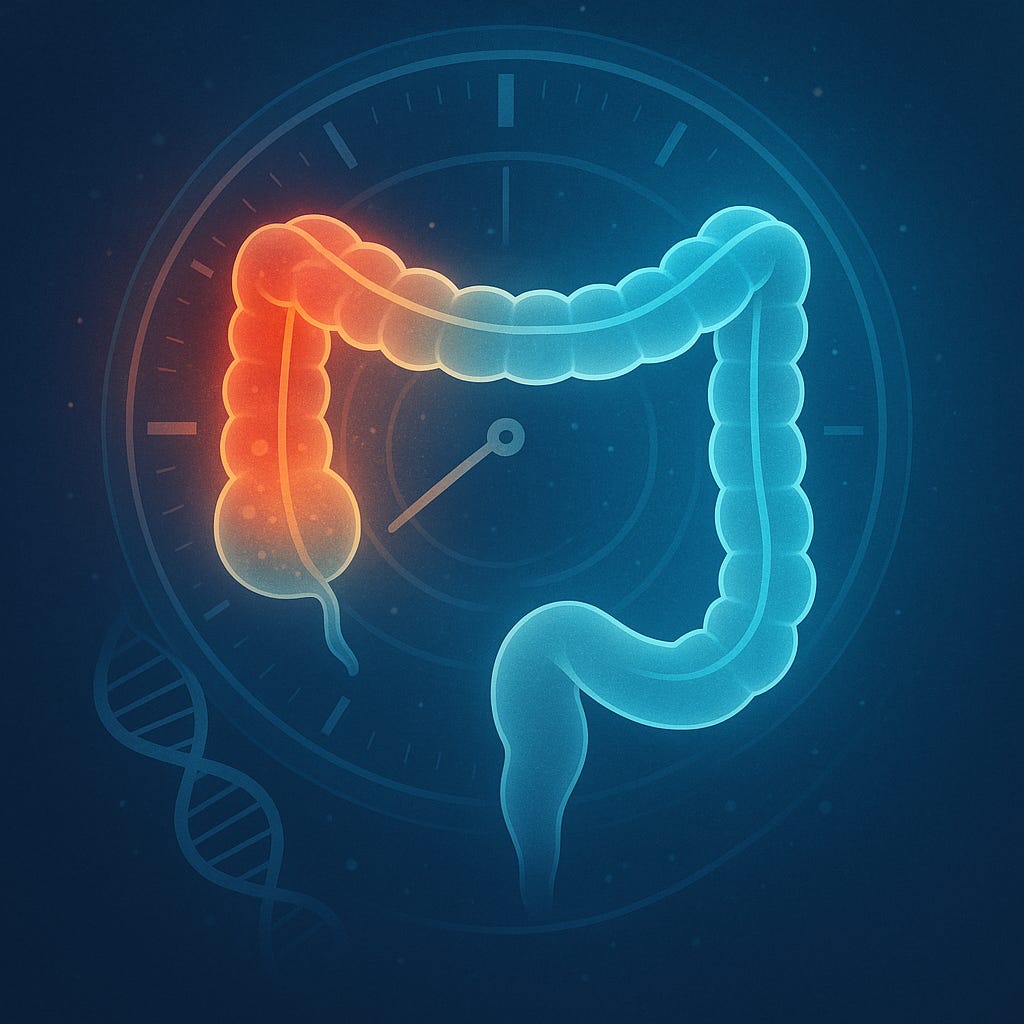Six Years Marks a Turning Point in Colon Cancer Recovery
Large analysis suggests recurrence risk drops below 0.5% after year six, redefining what “cure” means in stage II–III colon cancer.
An international pooled analysis of over 35,000 patients with stage II–III colon cancer found that recurrence risk falls below 0.5% after six years post-surgery supporting a practical, data-driven definition of “cure.”
Women had a significantly lower risk of recurrence than men.
Study Details:
Researchers re-examined how long it truly takes before colon c…
Keep reading with a 7-day free trial
Subscribe to Just Healthcare to keep reading this post and get 7 days of free access to the full post archives.


